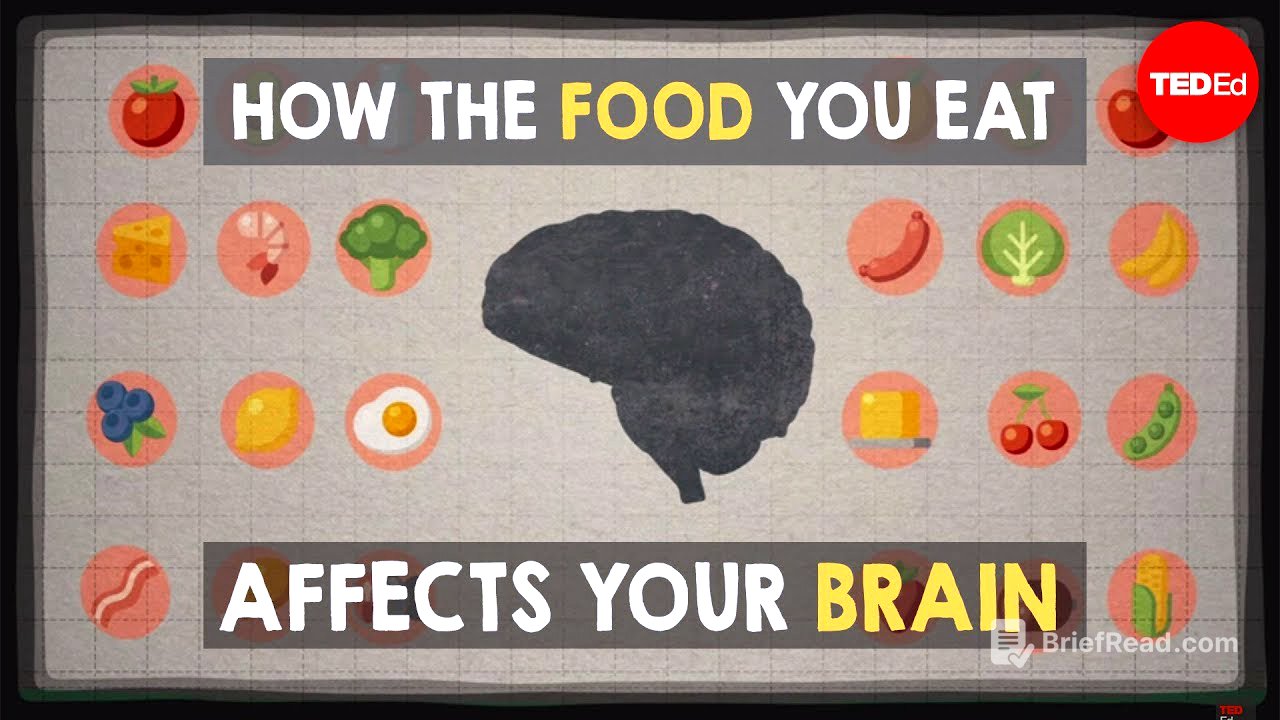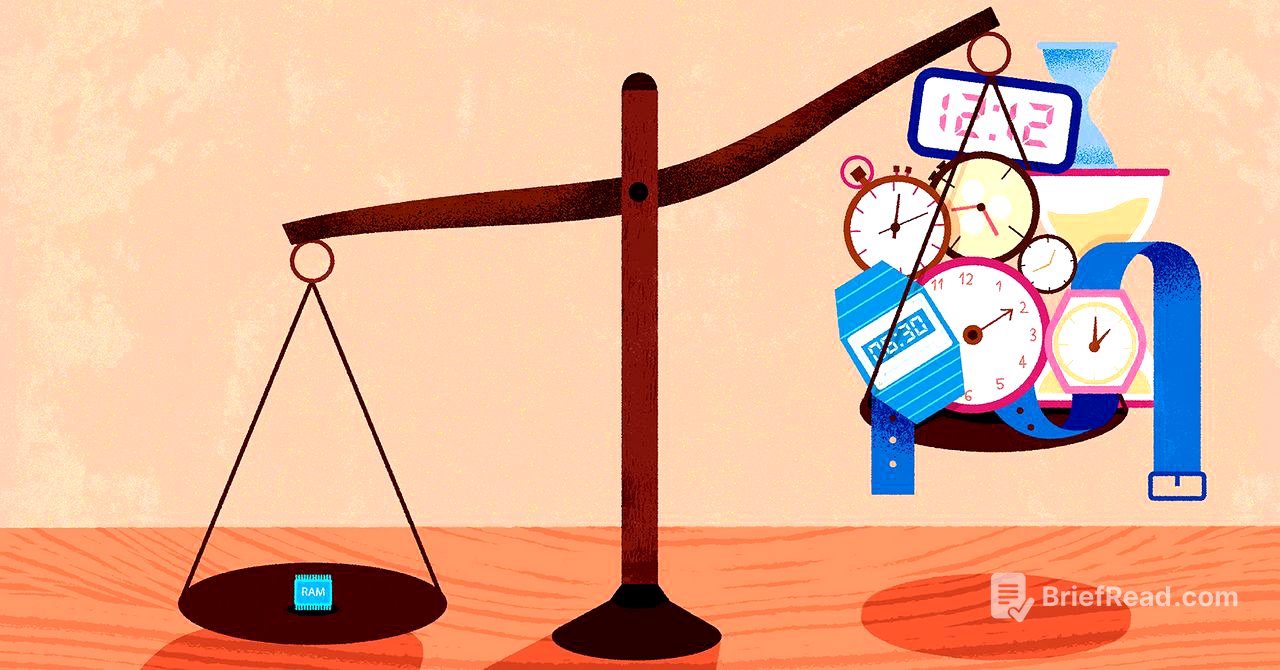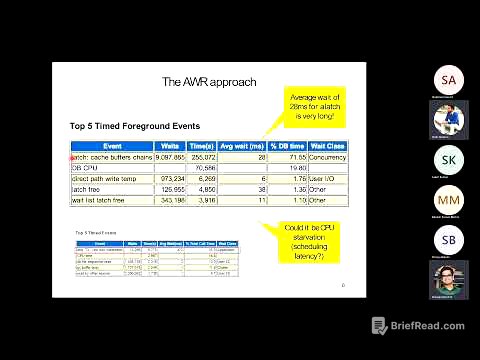TLDR;
This video explains how the food we eat affects our brain's function, development, mood, and energy. It highlights the importance of fats like Omega 3 and 6, proteins and amino acids, micronutrients, and glucose for optimal brain health. The video also discusses how different types of carbohydrates impact our attention span and mood, emphasizing the need for a varied diet of nutrient-rich foods for sustained brain power.
- Fats, especially Omega 3 and 6, are crucial for cell membrane creation and maintenance.
- Proteins and amino acids influence mood, sleep, attentiveness, and weight through neurotransmitters.
- Micronutrients, like antioxidants and vitamins, protect against brain cell damage and mental decline.
- Glucose from carbohydrates fuels the brain, with different types of carbs affecting attention span and mood.
The Nutritional Composition of the Brain [0:06]
The brain, when dehydrated and broken down, primarily consists of fats (lipids), followed by proteins, amino acids, micronutrients, and glucose. These components significantly influence the brain's functioning, development, mood, and energy levels. The food we consume directly impacts our brain, affecting how we feel and behave.
The Role of Fats in Brain Health [0:54]
Omega 3 and 6 fatty acids are essential for brain health and must be obtained through diet. Foods rich in omegas, such as nuts, seeds, and fatty fish, are vital for creating and maintaining cell membranes. Conversely, long-term consumption of trans and saturated fats may negatively affect brain health.
Proteins, Amino Acids, and Neurotransmitters [1:26]
Proteins and amino acids are the building blocks for growth and development and influence our feelings and behavior. Amino acids contain precursors to neurotransmitters, which are chemical messengers that affect mood, sleep, attentiveness, and weight. The combination of compounds in food can stimulate brain cells to release mood-altering neurotransmitters like norepinephrine, dopamine, and serotonin. A balanced diet helps maintain a balanced combination of brain messengers, preventing mood swings.
Micronutrients and Brain Function [2:23]
Micronutrients, like antioxidants found in fruits and vegetables, strengthen the brain and protect against free radicals that destroy brain cells. Vitamins B6, B12, and folic acid are crucial for preventing brain disease and mental decline. Minerals like iron, copper, zinc, and sodium are also fundamental to brain health and early cognitive development.
Glucose as Brain Fuel [3:01]
The brain requires a significant amount of fuel to function efficiently, using up to 20% of the body's energy resources, primarily from glucose derived from carbohydrates. The frontal lobes are particularly sensitive to drops in glucose, with changes in mental function signaling nutrient deficiency. The type of carbohydrates we consume affects our brains differently.
The Impact of Different Carbohydrates [3:34]
Carbohydrates come in the form of starch, sugar, and fiber. High glycemic foods, like white bread, cause a rapid release of glucose, leading to a subsequent drop in blood sugar, which negatively impacts attention span and mood. Conversely, foods like oats, grains, and legumes release glucose more slowly, promoting a steadier level of attentiveness. A varied diet of nutrient-rich foods is essential for sustained brain power.









